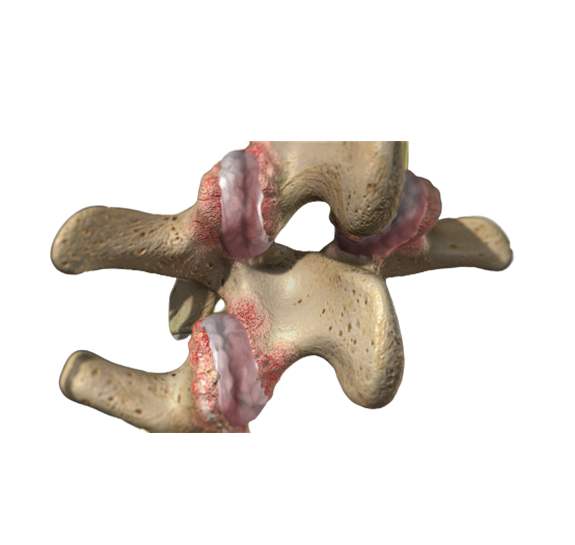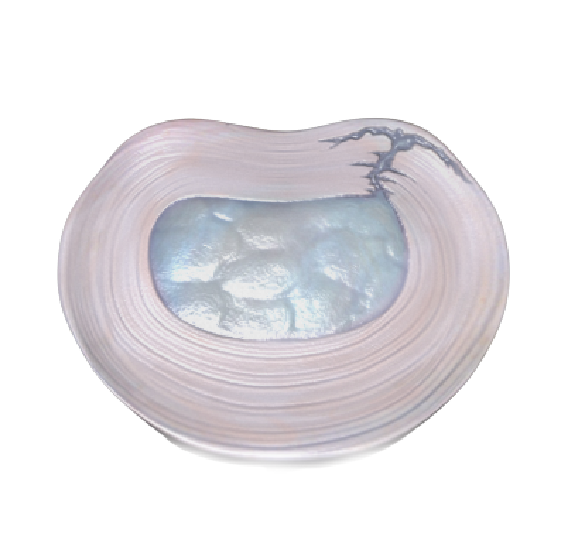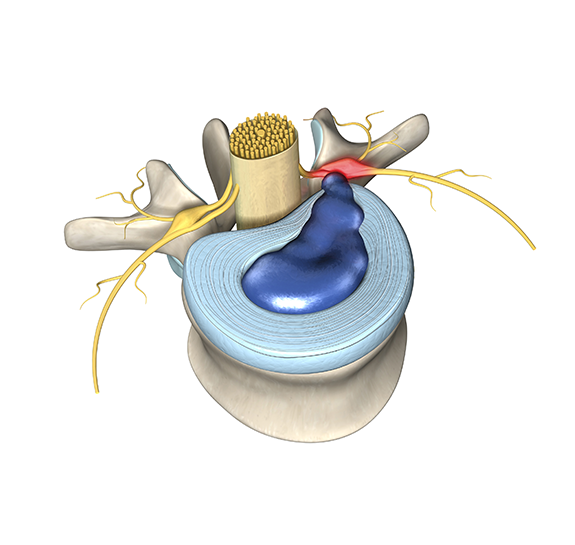Sleeping with Back Pain
Sleeping with Back Pain https://phoenixspineandjoint.com/wp-content/themes/psjoints/images/empty/thumbnail.jpg 150 150 Phoenix Spine & Joint Phoenix Spine & Joint https://phoenixspineandjoint.com/wp-content/themes/psjoints/images/empty/thumbnail.jpgIs there anything more important than sleep? Not if you’re not getting any.
 I see so many people with back pain who are cranky, exhausted, sad, frustrated, and mad — often all at the same time — because back pain wakes them up every time they fall asleep. You feel like a mess because without sleep your brain is a mess.
I see so many people with back pain who are cranky, exhausted, sad, frustrated, and mad — often all at the same time — because back pain wakes them up every time they fall asleep. You feel like a mess because without sleep your brain is a mess.
Sleep is actually critical to brain function: you would die faster without sleep than food. During sleep our brains undergo a chemical reset that is critical for normal functioning.
Back pain disrupts your sleep in several ways. The simplest one is mechanical. When you move at night, sore joints and muscles become activated, and wake you up. Once you’re up its hard to fall back to sleep. Pain also causes hormonal imbalance which can complicate your normal sleep/wake cycle. Those hormones create an environment of fight or flight, which is not really compatible with sleeping. And finally the inability of the brain to reset and restore itself makes everything harder.
Sleep hygiene
There are a lot of effective things to try to improve your sleep. The first one is good sleep hygiene. That means:
- Going to bed and waking up at the same times.
- Turn off the cell phone and all electronics at least an hour before bedtime.
- Your bed is for 2 things only, and sleep is one of them, the other one is not watching TV.
- No naps during the day.
- Do something right before bedtime to get ready to sleep, like have a cup of hot tea.
- Stay as active as your pain allows during the day to help get you tired.
When sleeping with a bad back, sleep position is paramount. The best way to sleep is on your back with two large pillows under your legs. This pushes your back into the mattress, supporting it. The pillows make it less likely you will move around and aggravate your back at night. If you are like me, and simply can’t sleep on your back, then sleeping on your side is the next best option. Place a large pillow between your legs. Try to avoid sleeping on your stomach; but even stomach sleeping is better than no sleep at all.
What’s the best mattress for people with back pain?
A study done in 2003 found medium firm to be king. In my practice I’ve seen the best results for my patients with either Tempur-Pedic or Sleep Number. Tempur-Pedic (memory foam) is excellent, but hot. Sleep Number is really nice if you share your bed with someone else who wants a different situation. Unfortunately, both of these mattresses are expensive. A Tempur-Pedic mattress cover on a hard mattress seems to work well. If you can swing it, Tempur-Pedic and Sleep Number are worth the expense.
Medications for sleep
A variety of medications have been tried over the years for sleep disorders. Most of them have more complications than benefits. Sedatives like Ambien and Valium are really only helpful to making you fall asleep, and the impact under sleep cycle is really dreadful. A lot of people do well with Benadryl. Some people actually get hyper on Benadryl; you know who you are. But most of the time it helps you get sleepy, and stay sleepy throughout the night. Be careful with Benadryl if you are over 65: anticholinergics like Benadryl can cause memory problems.
I sometimes prescribe muscle relaxants for people who are having trouble sleeping; Zanaflex works well in this category, but Flexeril and Soma work as well (Soma is so addictive I hardly prescribe it anymore). From what I’ve read, Melatonin is useless. There are a variety of over-the-counter sleep aids about which there’s not a lot of solid information. It’s probably reasonable to try them. I doubt they’re going to be any better than a nice cup of herbal tea.
I’m still having trouble sleeping. What next?
If you improve your sleep hygiene, get the best mattress you can afford, try medications and are still having difficulty then you really need to see a doctor. Your primary doctor is usually the best source of initial information, and knows you the best. There are also doctors who specialize in sleep. They are usually neurologists, or pulmonologists. These doctors will send you to an overnight sleep study, were your sleeping is documented by video, and vital signs are recorded. This kind of study can be crucial in helping find the right solution to your sleep problem.
Most of all, be patient. All of us have to deal with not getting a good night’s sleep at some point in time; for patient’s suffering with back pain, sleep issues can be unbearable. But taking some of the steps outlined above should help you get back on track. Good luck, and good night. Sweet dreams.

- Posted In:
- Low Back Pain






